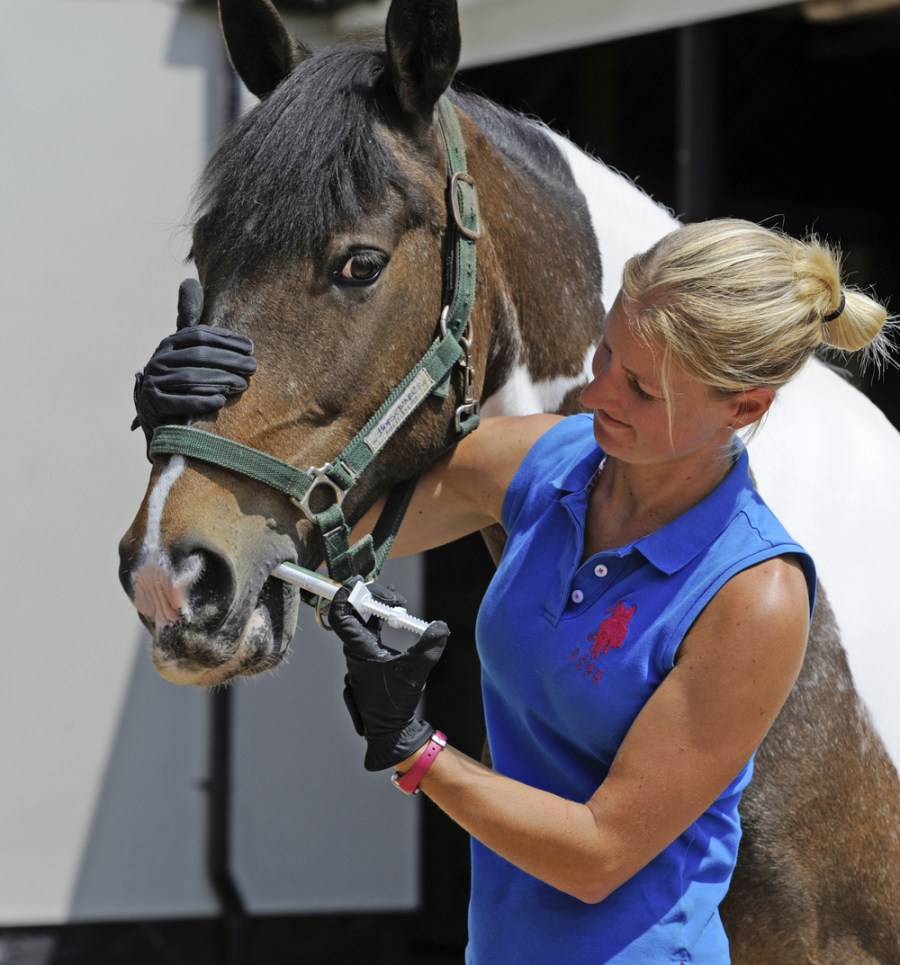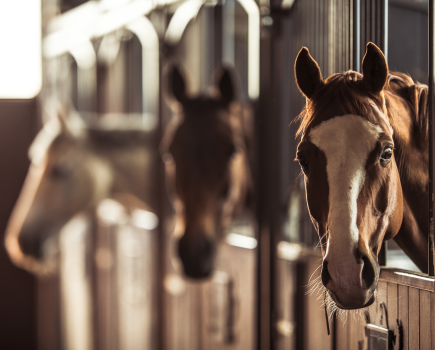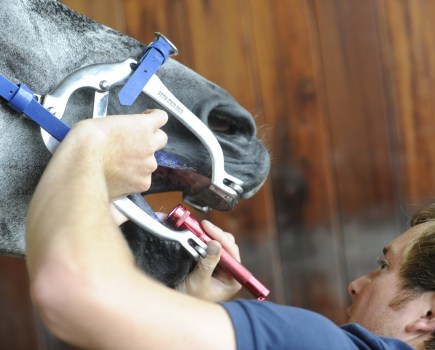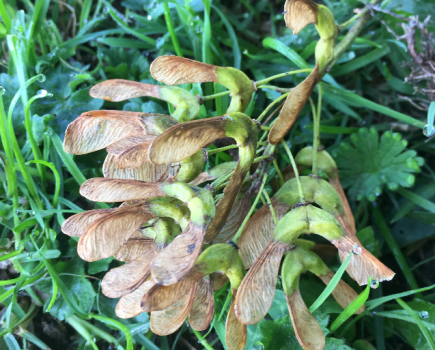All year round
ROUNDWORM Routine roundworm control, once the preserve of the grazingseason, should now be
undertaken all year round, even if your horse is only at grass for short periods of time during the winter months. This is due to climate changes, with milder and wetter winters meaning horses are at risk of accidentally eating infected larvae late into the year. The most common roundworm, andmost common and harmful parasite to infect horses today, is the small redworm.
Treatment Dosing intervals for roundworm are based on the active ingredient of wormer: moxidectin every 13 weeks, ivermectin every eight to 10 weeks, pyrantel every four to eight weeks, fenbendazole every six to eight weeks, or mebendazole every six weeks. When planning your routine roundworm worm control, it’s important to not use wormers against which there is known resistance. With resistance inhorses to benzimidazole-, pyrantel- and ivermectin-based wormers, you may want to seek guidance from your vet prior to their use.
Suggested treatment time – all year round. Depending on the active ingredient used for routine roundworm control, additional treatments may be needed at certain times of the year if not covered as part of routine treatment.
Spring
TAPEWORM With treatment for tapeworm recommended every six months, treatment should be repeated in the spring.
Treatment Single dose of praziquantel-based wormer or double dose of pyrantel-based wormer.
Suggested treatment time March, April or May.
Autumn
TAPEWORM Exposure to tapeworm is greater during periods of prolonged grazing, so treatment should be undertaken in the autumn following summer turnout. Treatment for tapeworm is recommended every six months.
Treatment Single dose of praziquantelbased wormer or double dose of pyrantelbased wormer.
Suggested treatment time September, October or November.
ENCYSTED SMALL REDWORM Treat your horse against encysted small redworm larvae to reduce the burden of these lifethreatening encysted larvae that have accumulated in his gut wall as he grazes.
Treatment A single dose of a moxidectin based wormer or five-day course of fenbendazolebased wormer.
Suggested treatment time November.
Winter
BOTS Treat your horse after the first frost when the adultflies die off, and prior to the larvae maturing and emerging from your horse in the spring.
Treatment A single dose of a moxidectin or ivermectin-based wormer.
Suggested treatment time November, December or January.
ENCYSTED SMALL REDWORM Treat your horse in late winter against encysted small redworm, which are hidden in the horse’s gut wall. These will typically emerge from your horse’s gut wall in late winter or early spring. This mass emergence of encysted small redworm, known as larval cyathostominosis, is potentially fatal.
Treatment A single dose of moxidectinbased wormer or five-day course of fenbendazole based wormer.
Suggested treatment time February.










